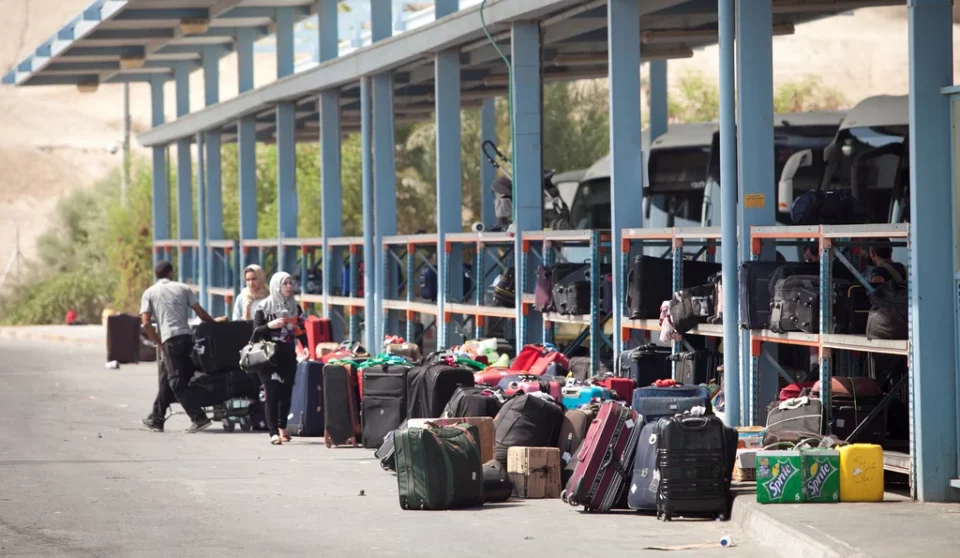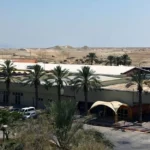A senior U.S. administration official says that Morocco was a major player in negotiating the 24-hour, seven-day-a-week opening of the Allenby Bridge border crossing – the first time an Abraham Accord member played that role
JEDDAH—Morocco played a key role in the Israeli decision to give Palestinians around-the-clock access to the Allenby Bridge border crossing, a senior U.S. administration official told Haaretz.
The confirmation of the move, which was announced by U.S. President Joe Biden during his stop in the West Bank on Friday, signals the first instance in which an Arab country party to the Abraham Accords has used its might to mediate between Israelis and Palestinians to produce a significant policy change. The confirmation also comes amid news that Israel Defense Forces Chief of Staff Aviv Kochavi will visit Morocco next week.
According to Israeli officials, Transportation Minister Merav Michaeli had been working with Moroccan officials alongside U.S. and Palestinian teams for the past several months to find a solution to keep the crossing open around the clock.
« While we worked on separate tracks, we were informed throughout the process of Morocco’s and Jordan’s efforts, » the U.S. official said.
« It was these collective efforts that made the difference, » the official continued, adding that « we are delighted to see the Abraham Accords working to the benefit of Palestinians – this has been a priority for the Biden administration. »
Michaeli publicly thanked Biden, as well as King Muhammad VI and the Kingdom of Morocco « for their continued commitment and efforts to promote peace and prosperity in the Middle East. »
The move was part of a series of measures Biden announced while visiting the West Bank, including a $316 million aid package among other initiatives aimed at improving Palestinians’ daily lives and reviving U.S.-Palestinian ties.
Morocco and Israel first normalized ties in December 2020. The Kingdom was the fourth country to join the Abraham Accords, even though the two states have had covert relations for decades and Morocco had openly accepted Israeli tourists. Following the Oslo Accords, ties solidified publicly, with then-Prime Minister Yitzhak Rabin and Shimon Peres attending the opening of an Israeli representation office. After the second intifada erupted in 2000, however, the ties became clandestine again.
HAARETZ



